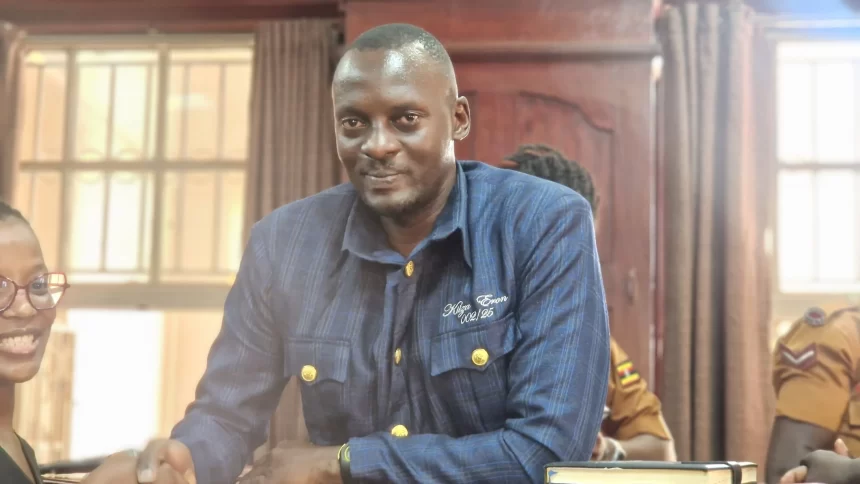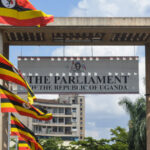The High Court’s Criminal Division has scheduled April 4 for a ruling on the bail application of human rights lawyer Eron Kiiza, who has been in detention since last year following a controversial decision by the now-invalidated General Court Martial.
The High Court’s Criminal Division, presided over by Judge Elubu Michael, has set April 4 as the date to deliver its ruling on the bail application of prominent human rights lawyer Eron Kiiza. Kiiza has been in detention since last year, after being incarcerated by the now-defunct General Court Martial a move that has sparked criticism from legal circles in Uganda and beyond.
Martha Karua, a senior Kenyan lawyer and former presidential candidate, expressed deep concern about Kiiza’s prolonged detention while addressing the media. She argued that his continued imprisonment represents a threat to the independence of the legal profession and the broader rule of law in Uganda.
“This application is not just about Eron, but a trial for the judiciary,” Karua stated. “Eron is being held unfairly. Let the judiciary of Uganda do the right thing. These cases are an indictment on the judiciary of Uganda. They are aware that there is an assault on the Bar, and it should be condemned. Who will stand for the rule of law when the Bar is threatened?”
The Uganda Law Society (ULS) has also voiced its concern. Anthony Asiimwe, the ULS vice-president, described Kiiza’s detention as a calculated attack on legal practitioners.
“The president of ULS is on official duty, and the whole of the ULS might not practice over the threats from the state,” Asiimwe warned, highlighting the broader implications of the case on the legal fraternity’s ability to operate freely.

Kiiza’s legal team argues that his detention is not only unlawful but also represents a broader pattern of targeting lawyers who take on sensitive human rights cases. They remain optimistic that the court will grant bail and rectify what they describe as an unjust process.
The April 4 ruling is expected to attract widespread attention from both local and international legal observers. If the court grants Kiiza bail, it could signal a step toward restoring confidence in judicial independence. However, a denial could heighten fears about increasing pressure on legal professionals in Uganda.








